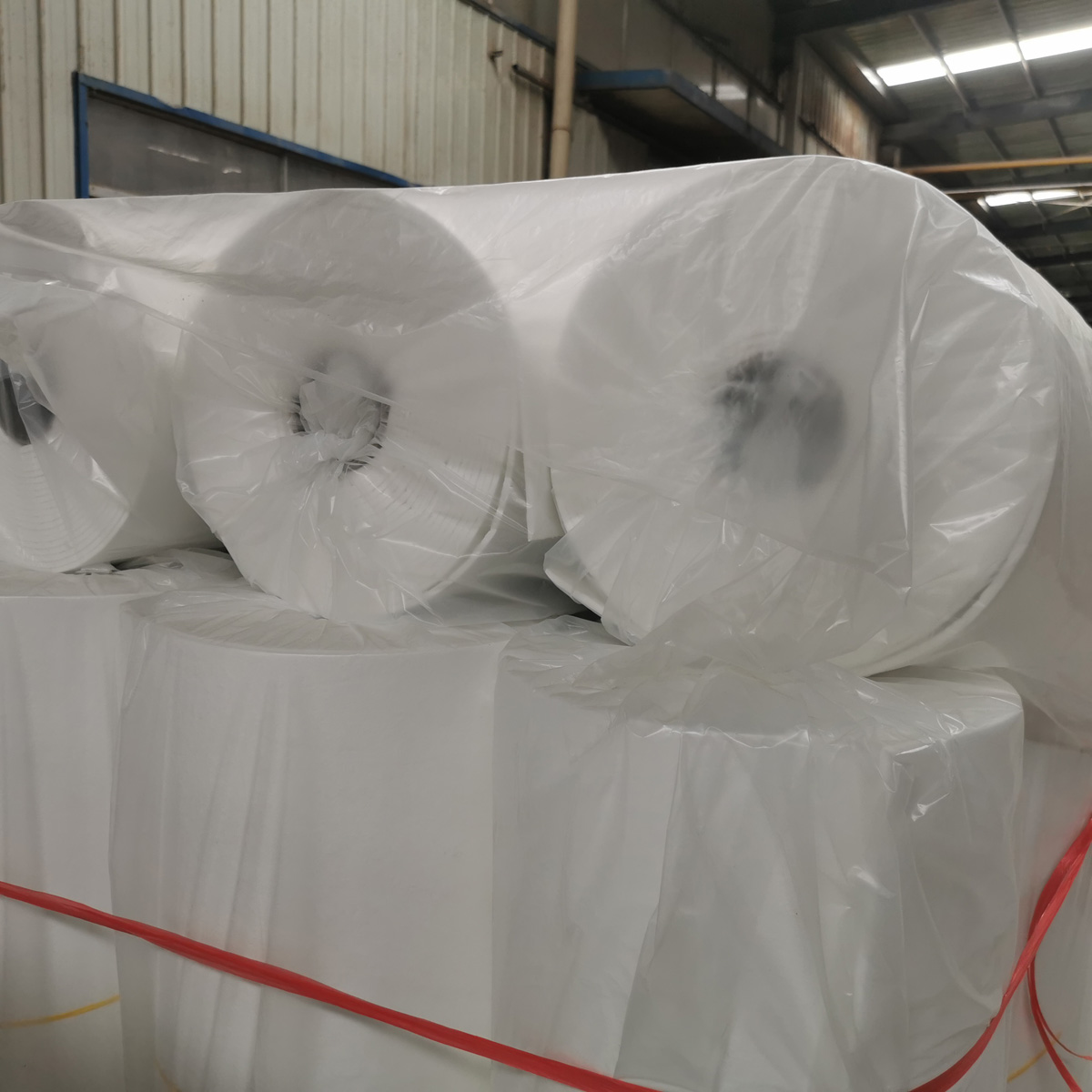Aluminum silicate ceramic fiber paper, also known as alumina-silica ceramic fiber paper, offers unique properties and advantages compared to other silicate ceramic materials.
- Temperature Resistance: Aluminum silicate ceramic fiber paper exhibits excellent temperature resistance, with a maximum service temperature typically ranging from 1200°C to 1600°C (2192°F to 2912°F). This makes it suitable for high-temperature applications where traditional organic materials or lower-grade ceramics would degrade or fail.
- Flexibility and Conformability: Ceramic fiber paper is lightweight, flexible, and conformable, allowing it to be easily molded or shaped to fit complex geometries and irregular surfaces. This flexibility is particularly advantageous in applications where rigid ceramic materials would be impractical or difficult to install.
- Thermal Insulation: Aluminum silicate ceramic fiber paper provides effective thermal insulation, helping to minimize heat transfer and energy loss in high-temperature environments. Its low thermal conductivity makes it suitable for use as insulation in furnaces, kilns, ovens, and other thermal processing equipment.
- Chemical Resistance: Ceramic fiber paper exhibits good resistance to most chemicals, acids, and alkalis, making it suitable for use in corrosive or chemically aggressive environments. However, it may be susceptible to degradation in the presence of certain alkaline solutions or hydrofluoric acid.
- Low Thermal Mass: Ceramic fiber paper has a low thermal mass, meaning it heats up and cools down quickly in response to changes in temperature. This property allows for rapid thermal cycling and improved energy efficiency in heating and cooling applications.
- Fire Resistance: Aluminum silicate ceramic fiber paper is inherently fire-resistant and does not contribute to the spread of flames. It is non-combustible and meets stringent fire safety standards, making it suitable for use in fire barriers, insulation blankets, and other fire protection applications.
- Durability and Longevity: Ceramic fiber paper is durable and resistant to mechanical damage, aluminium silicate ceramic fiber paper vibration, and thermal shock. It maintains its structural integrity and insulation properties even after prolonged exposure to high temperatures and thermal cycling.
- Cost-Effectiveness: While ceramic fiber paper may have a higher initial cost compared to some organic insulation materials, its superior temperature resistance, durability, and longevity often result in long-term cost savings through reduced maintenance, energy consumption, and downtime.
In comparison to other silicate ceramic materials such as traditional refractory bricks, castables, or rigid ceramic fiber boards, aluminum silicate ceramic fiber paper offers greater flexibility, easier installation, and improved thermal insulation properties. However, its lower mechanical strength and potential for dusting may limit its suitability for certain high-load or high-impact applications where rigid ceramic materials are preferred.
